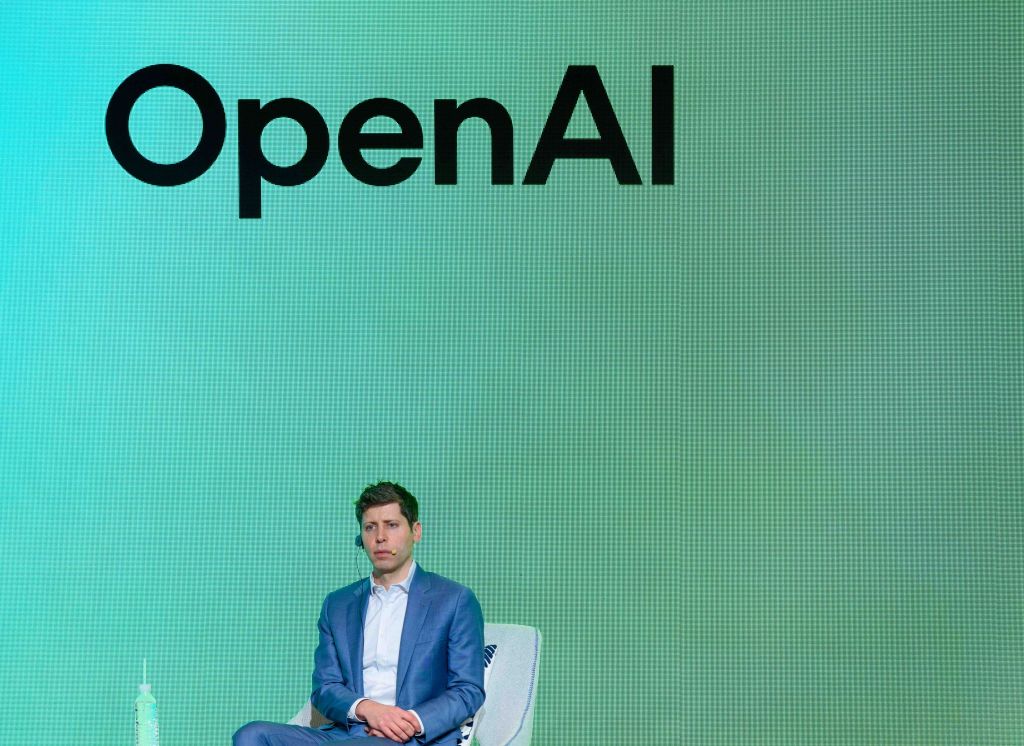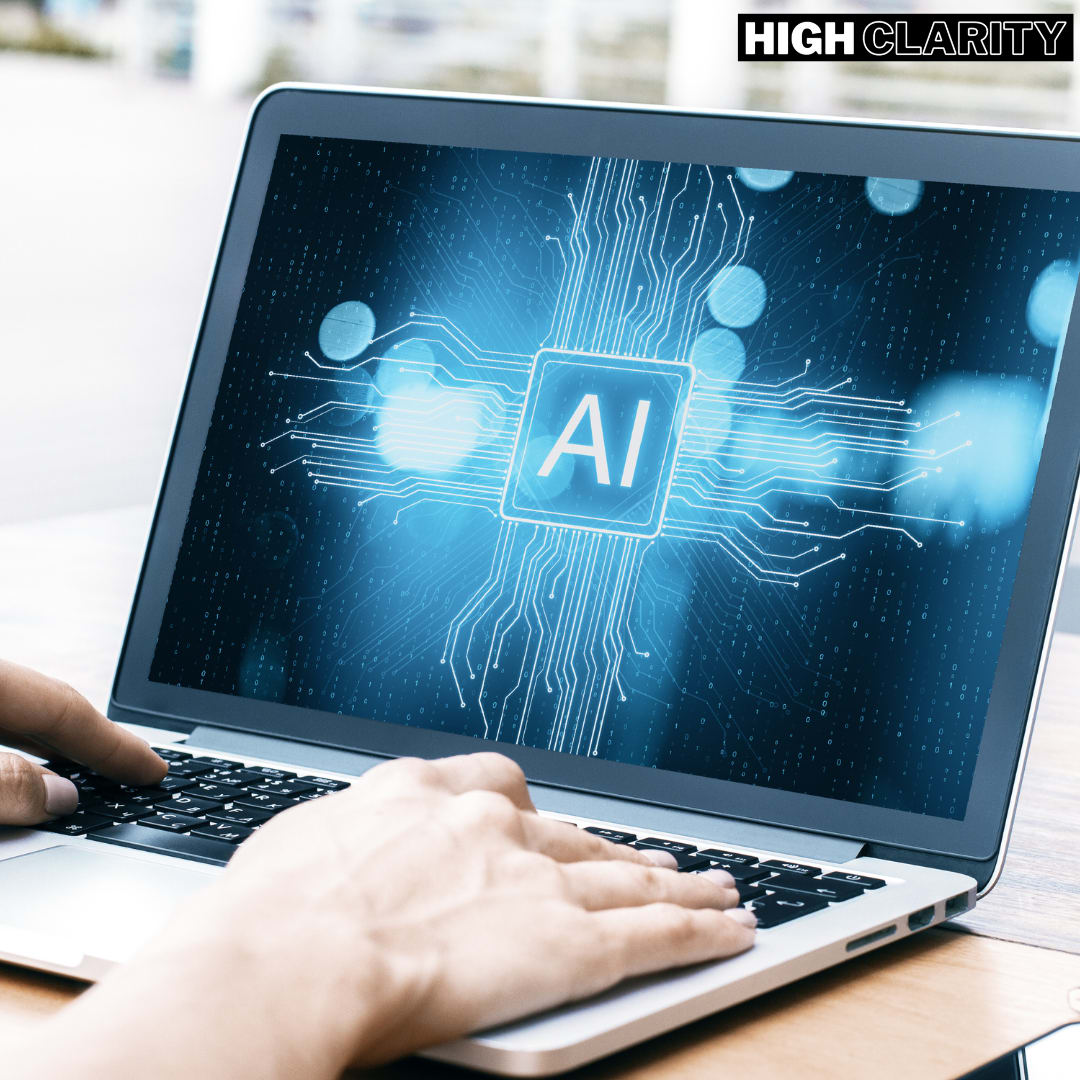
In a candid and illuminating account, a senior engineer at OpenAI has shared insights into the frenetic and rewarding experience of working on Codex, the artificial intelligence system designed to generate code and assist developers in writing software. The past year, according to the engineer, was marked by a blend of thrill, chaos, and exhaustion—symptomatic of the breakneck pace and high stakes inherent in AI innovation.
Codex, which powers GitHub Copilot and other automated code generation tools, represents one of OpenAI’s major advancements in deploying language models (based on GPT technology) for software development. The project drew on the capabilities of large-scale language models trained on massive corpora of programming code and natural language to provide contextual code suggestions, debug existing functions, and even write entire blocks of functional software.
According to the engineer, bringing Codex from concept to product required intense collaboration between multiple teams across research, engineering, user experience, and safety. The race to launch was not without its challenges: strict time constraints, intricate technical hurdles, and the ever-present need to address potential misuse of the tool.
The workplace environment, described as both “chaotic” and “electric,” demanded long hours and rapid iteration. Engineers reportedly worked in highly fluid roles, where responsibilities could change daily based on experimental results and new strategic insights. Despite the pressures, the engineer conveyed immense pride in the achievements of the team and the transformative potential of Codex for software developers around the world.
The insider account also highlights a key theme within the broader AI industry: the tension between fast-paced innovation and the human limits of those building the technology. As OpenAI and other research labs continue to push the boundaries of what artificial intelligence can do, stories like this provide a glimpse into the human effort behind the machines.
Codex’s release has sparked conversations both about the future of programming and about AI’s broader ethical implications. While the tool can greatly enhance productivity, concerns remain over code quality, bias, and the reuse of copyrighted material. OpenAI has committed to ongoing research and collaboration to address these issues, and Codex remains a pivotal example of how AI technology is reshaping creative and technical work.
The engineer’s reflections serve as a powerful testament to the dynamic environment of cutting-edge AI development—one where ambition, exhaustion, and innovation coexist in equal measure.
Source: https:// – Courtesy of the original publisher.








